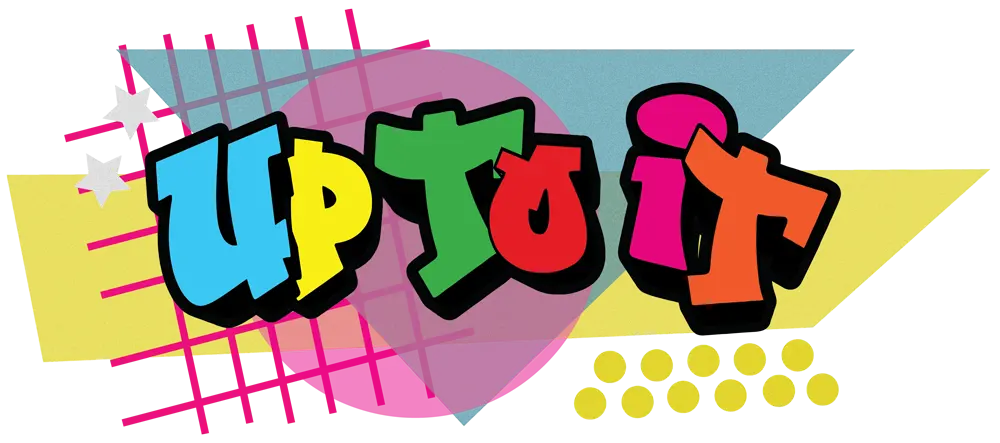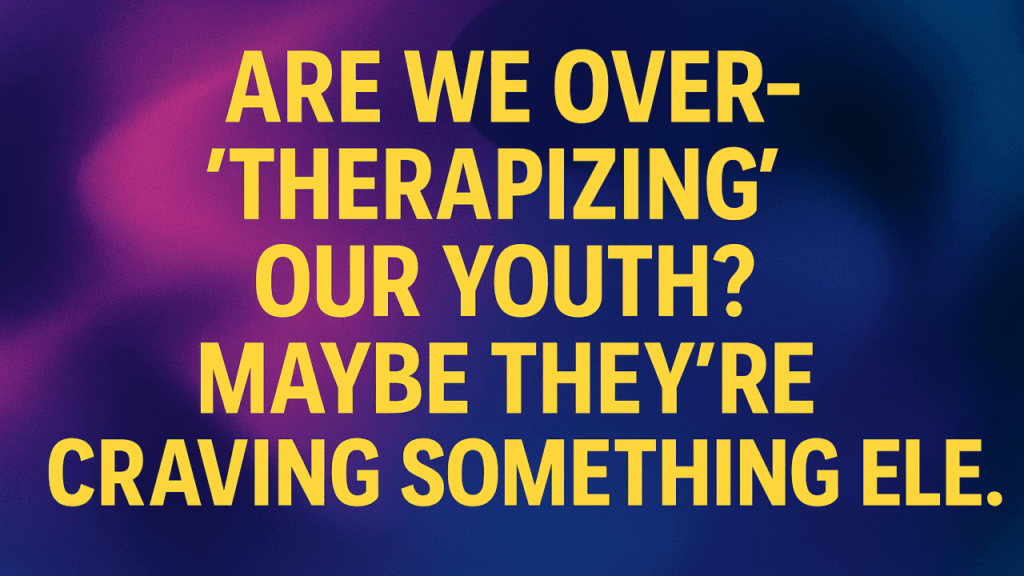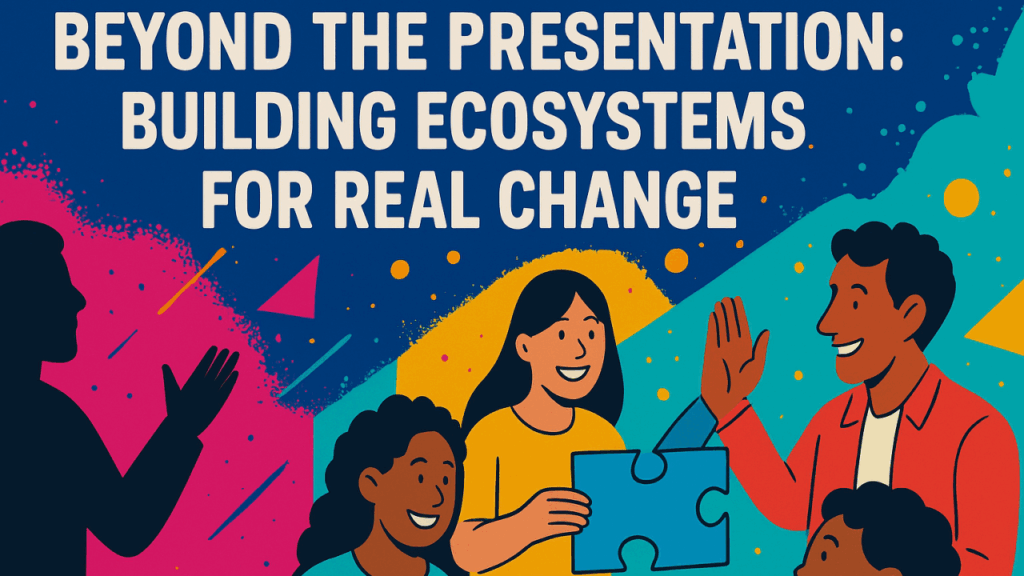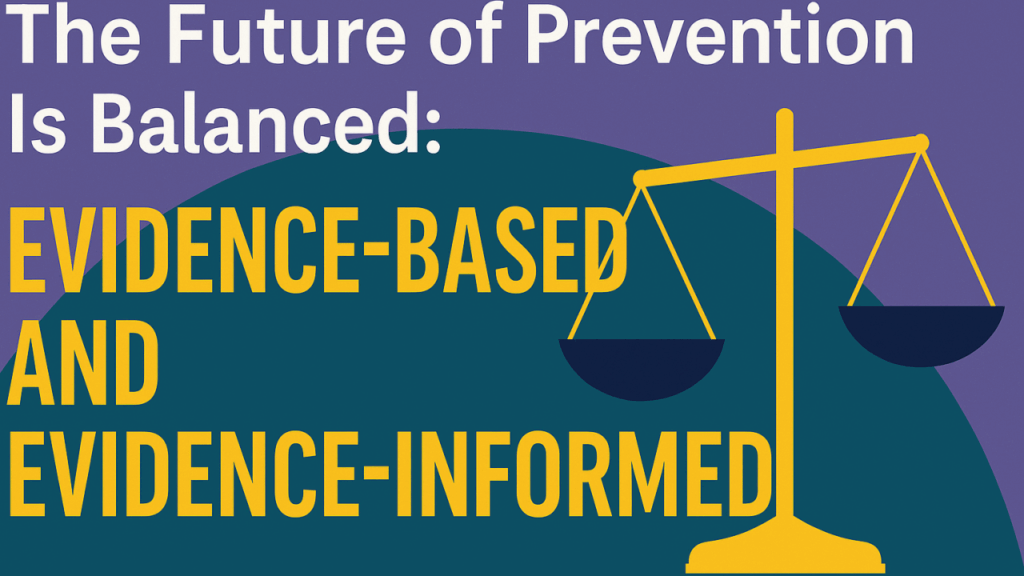Recently, I came across a post by Nicole Runyon that raised a tough but important question: Have we swung the pendulum too far in trying to “therapize” our youth?
When I say “therapizing,” here’s what I mean:B
Therapizing — (verb): The act of rushing to pathologize or medicalize normal human emotions, growth pains, or struggles — often leading to the belief that every discomfort requires formal therapy or diagnosis.
To be clear: I believe deeply in the power of therapy. When it’s used at the right time, with the right support, therapy saves lives. It opens doors for healing, growth, and resilience. This isn’t about dismissing therapy — it’s about making sure we aren’t skipping the foundational steps young people need first: connection, mentorship, and modeling.
It made me reflect on something I’ve been seeing firsthand.
A Real Moment From My Work With Youth
Recently, I launched an Instagram broadcast channel where I share my own daily mental health reflections and journal summaries through the Brightn App
To make it fun and engaging, I decided to host a giveaway. I asked the youth in the channel what prizes they would be most excited about:
- A PS5?
- Headphones?
- A $150 gift card?
The usual prizes got love—but something unexpected kept popping up: mentorship.
At first, some of the students called it “counseling.” But I’m not a licensed counselor or therapist. So I reframed it, offering it as mentorship instead.
And that’s when it clicked. When I asked students what they hoped to win, so many answered:
They didn’t just want prizes. They didn’t just want a transaction. They wanted connection, support, guidance — someone willing to walk beside them.
Maybe We’re Missing a Step.
We worked hard (and rightfully so) to destigmatize therapy. But in our urgency to support youth, maybe we’ve overlooked something they’re asking for even more urgently:
Connection before correction. Mentorship before diagnosis. Presence before prescriptions.
Every outburst isn’t a disorder. Every struggle isn’t a pathology. Sometimes, it’s life — messy, beautiful, challenging life.
And what young people need most isn’t always a label. It’s adults who will mentor, guide, challenge, and believe in them — not fix them.
If We Really Want to Help This Generation Thrive…
We have to ask ourselves:
- Are we too quick to therapize youth when they may be asking for mentorship?
- Are we mistaking moments for diagnoses instead of opportunities for growth?
- Are we modeling resilience — or are we rushing them toward dependence?
Therapy remains powerful and necessary when it’s truly needed. But mentorship — authentic, consistent, relationship-centered mentorship — might be the bridge so many young people are asking for right now.
I’m grateful to listen. I’m grateful to learn. And I’m even more grateful that young people are reminding us: They need people. I’m also very thankful for people like Jill Petersen Mary Frances the Founders of Girls Mentorship . Michael Walker who is the founder of T.E.A.M.S Coaching and Steve Murphy the Executive Director of Youth Impact Mentoring (formerly Boys to Men Phx)) . Each of these individuals and organizations are doing more than talking about change — they’re actively building it. They’re showing up, mentoring, and being part of the solution.
Who was the first person who really mentored you — and what did they teach you? I want to hear your stories.



